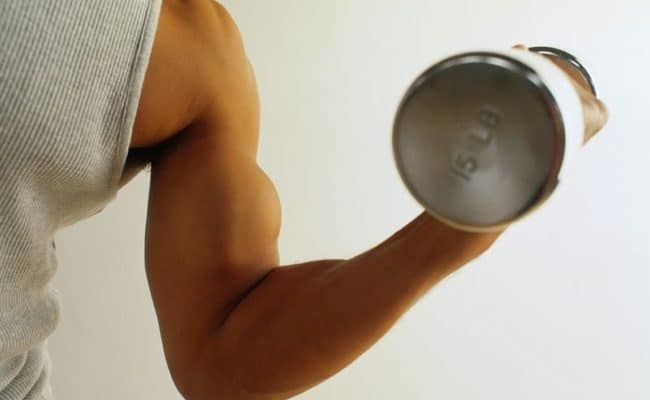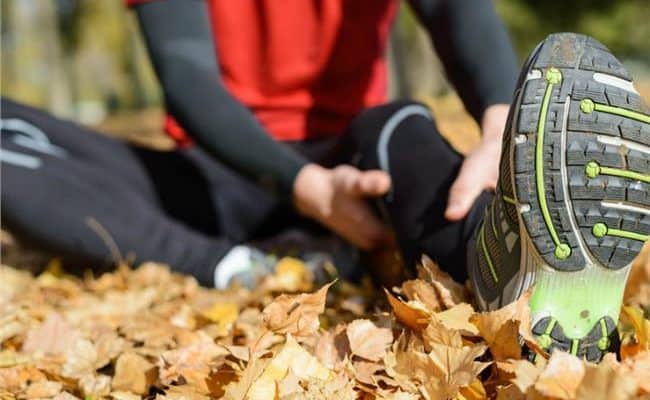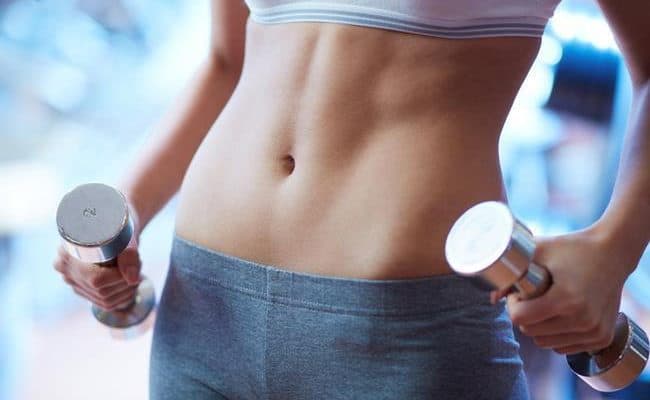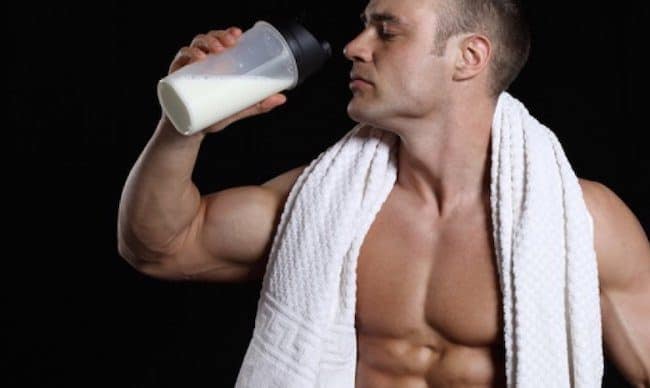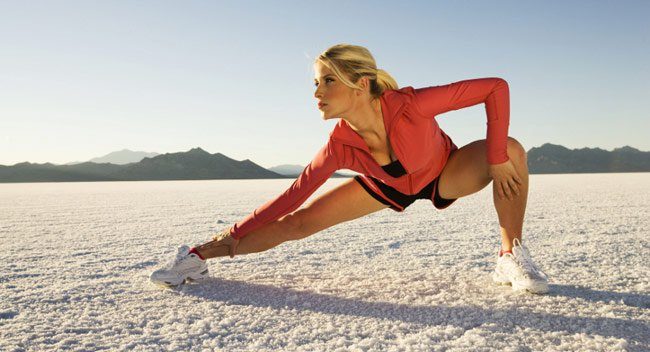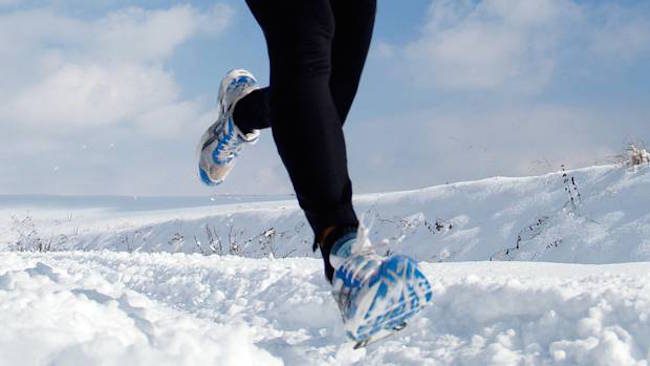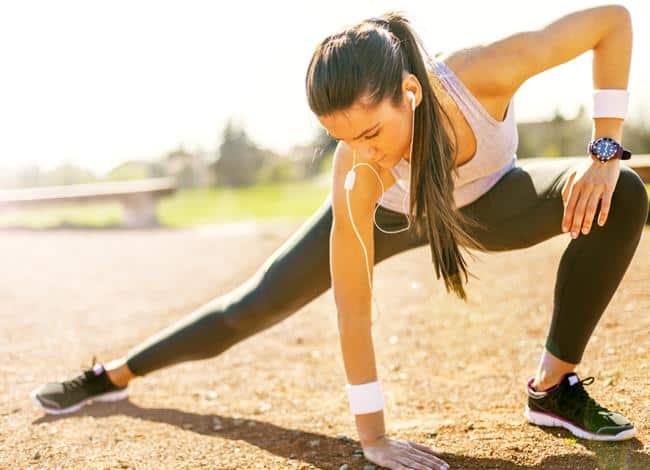
Post workout soreness, often called delayed onset muscle soreness or DOMS, can happen when there is a change in amount, type or length of exercise. Muscles can get micro tears in the fibers, which can cause inflammation in the muscles after exercise.
DOMS will usually resolve after 3 days, but there are some things you can do to sooth sore muscles and alleviate some of the pain. Some foods or drinks may actually help soothe sore muscles depending on when you have them and how much you take in.
Tart cherry juice
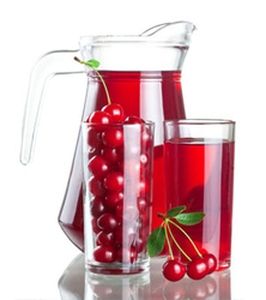
The group who ingested cherry juice had significantly lower levels of inflammation and improved strength in muscles after the marathon compared to the placebo group.
A similar study with cyclists also found that when cyclists drank tart cherry juice 3 days before a competition had less inflammation and oxidative stress compared to a placebo group.
Researchers are still clarifying which compounds in tart cherry juice help muscles, but it may be because tart cherries are so high in the antioxidants anthocyanins that they help lower inflammation in muscles, which leads to faster healing.
How much tart cherry juice do you need to have an effect? Most studies have used 16-24 ounces of juice per day leading up to athletic events. Drinking additional cherry juice soon after a workout may also help.
Beet Juice
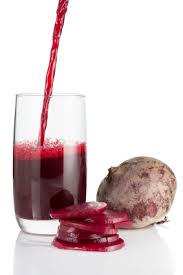
Beet juice may help muscles receive more oxygen during exercise and may affect the way muscles use oxygen. It appears that beet root juice may be most helpful for shorter exercises, like sprints, compared to longer duration events.
Drinking beet root juice may help your muscles during exercise so you can go faster and may help you push longer when your muscles feel like they are reaching their maximum effort.
The effect of beet root juice does not appear to beneficial after exercise like cherry juice.
Omega 3’s
Omega 3’s are considered anti-inflammatory and have been shown to have a number of health benefits. Omega 3’s may also help your muscles recover faster and help soothe sore muscles from exercise.
A 2009 study found that 48 hours after exercise, there was significant difference between the groups of men who were taking omega 3’s compared to the placebo group.
At 24 and 48 hours after exercise the group taking omega 3’s also had a difference in thigh circumference which suggests there could have been lower inflammation in the omega 3 group.
Omega 3’s can be found naturally in fatty fish, nuts, seeds and vegetables. Eating a diet high in omega 3’s can help lower inflammation in the body, which can help lower inflammation associated with DOMS.
Caffeine before exercise
A small study from the University of Georgia found that drinking the equivalent of about 2 cups of coffee before exercise lowered muscle pain from exercise by about 48%.
Researchers suggest that this may be helpful for people new to exercise, as this could help them transition the first few weeks into exercising without getting discouraged by being so sore.
A 2003 study also found that caffeine reduced thigh muscle pain in subjects during a moderate intensity cycling session.
Before you load up with caffeine before a workout session though, use caution. Don’t go overboard with caffeine, as that can have negative effects on health, and some people can be sensitive to caffeine’s effect on the body especially if you are taking certain medications.
More research is needed to validate these conclusions with caffeine, but as of now it looks like small to moderate caffeine before exercise could help lower muscle soreness.
Does stretching help?
Stretching can have some benefit for flexibility, but it is not clear if stretching really helps with alleviating sore muscles from exercise.
According to review from the Journal of Athletic Training, stretching before and after exercise does not significantly help with muscle soreness whether the stretching was before or after exercise.
Conclusion
Anti-inflammatory foods and beverages can help lower inflammation associated with DOMS. In particular, tart cherry juice has been shown in research studies to help alleviate muscle pain after exercise when it has been taken consistently before and after a strenuous event.
Beet root juice may help as well, although studies have focused more on the impact related to improved athletic performance for shorter events, like sprinting.
Omega 3’s may help sore muscles too, and ingesting small to moderate amount of caffeine before exercise could help deter muscle soreness after exercise.
Stretching does not appear to have a significant effect on muscle soreness but may be beneficial for other reasons like improving flexibility.
References used in this article
